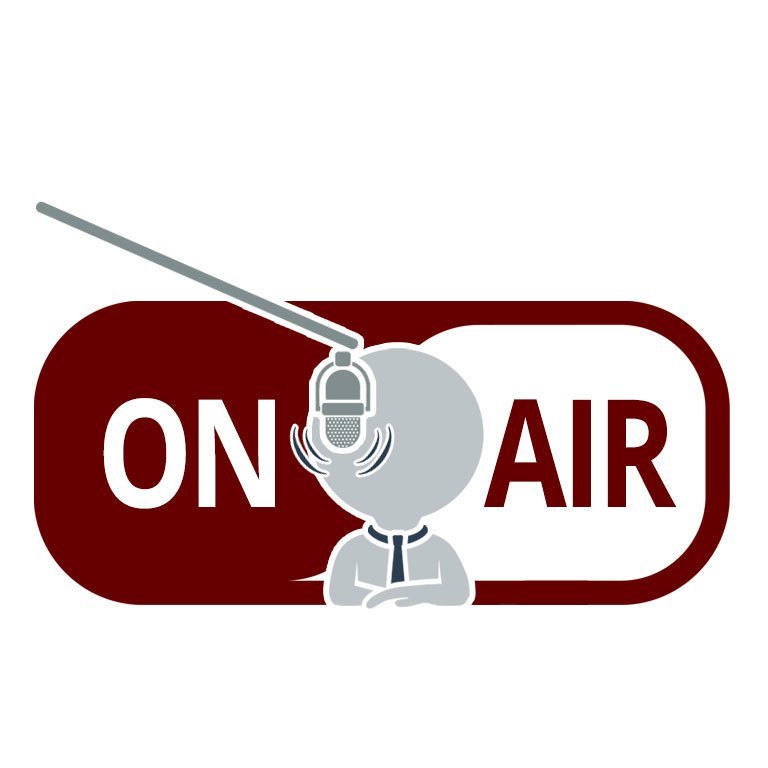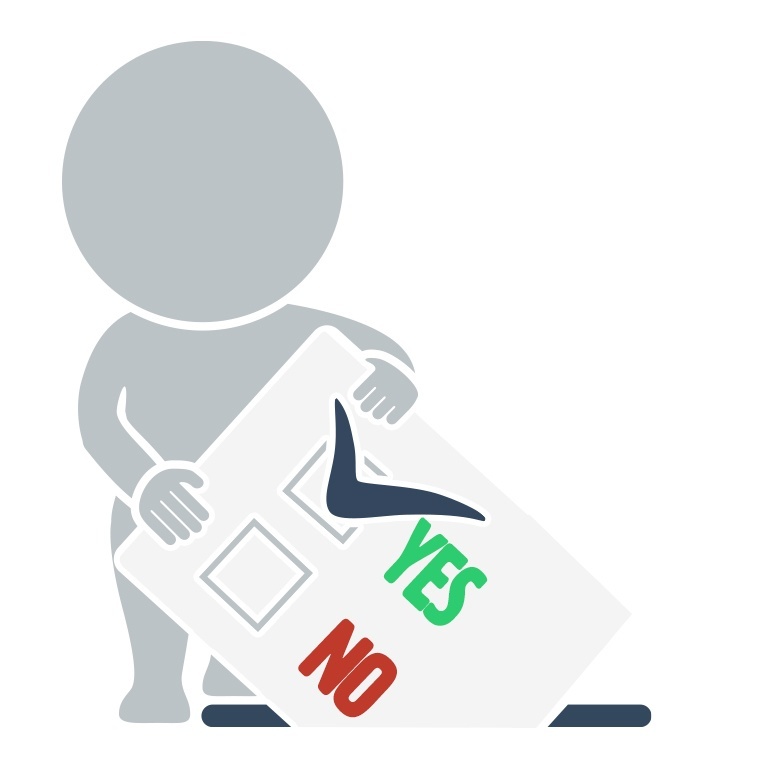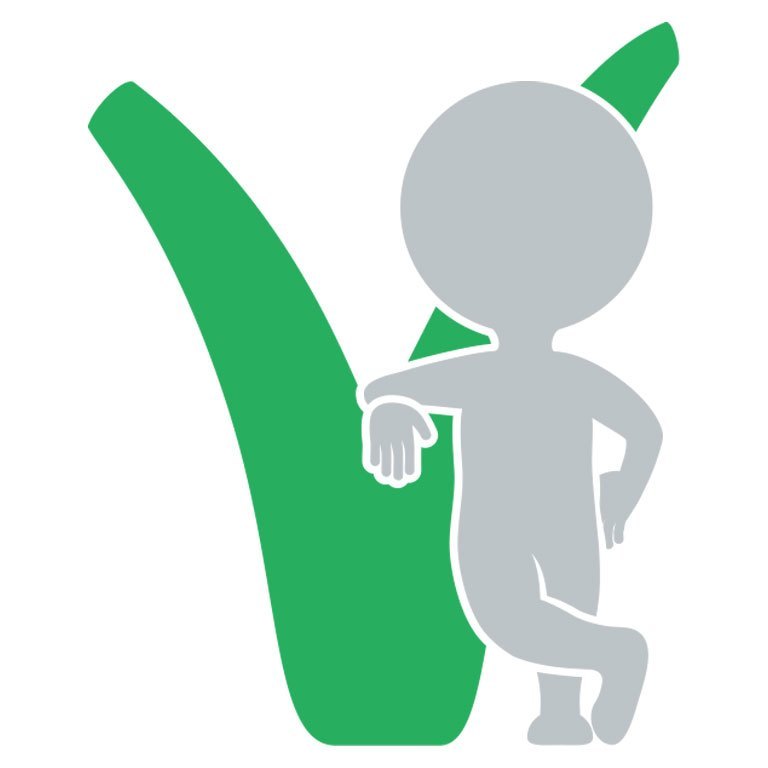The Hashtag #FirstSevenJobs is beginning to make some viral momentum at Facebook and as fun as those can be, let’s take it one additional step and go with #FirstSevenArtsJobs. If you want to score Hearts instead of Likes, mention something positive about each experience.

- Box office staffer, usher, guest artist gopher, information booth attendant, and tour guide: Interlochen National Music Camp (work scholarships 1986, 88, 89). Technically, those are more than one gig but since I was under the “legal” working age for half of that time anyway, it makes sense to lump them together. I was fortunate enough to learn from some of the most dedicated, capable, and nurturing supervisors who were every bit as warm and charitable as they were competent and professional.
- Tubist in Blaskapelle “Alte Kameraden.” It was a great gig that made crazy money in the Washington DC area during the 80’s. Being able to perform alongside so many veteran musicians in a wide variety of performance conditions built more than just character. I’m glad to see that the group is still part of the larger City of Fairfax band organization. Unfortunately, my Alpine hat was lost during our last move.
- Electric bass player in the Fairfax Swing Band. Led by Rick Parrell, who at the time was the principal saxophonist with The United States Army Band, it was another one of those rare opportunities to participate beyond being a musician and learn a great deal about the operations and PR angles of a group that had to walk the fine line between being both a volunteer and paid ensemble. It was heartwarming to see that Rick still runs the band.
- Store Associate, MusicLand; Bel Air, MD. In addition to general music retail store duties and responsibilities, I was responsible for maintaining the entire sheet music department. This was before the days were people handed out job titles like candy so there was no special label for all of the specialized work that went into this job. For a little perspective, the store was a throwback in the best possible sense in how much sheet music it kept on hand. The store’s founder and owner, the late Joe Noto, opened the store in the mid-1960s and over the decades, managed to amass a tremendous catalog of sheet music. He was one of those hard core gig musicians from the Rat-Pack era turned entrepreneur and in addition to the ubiquitous collection of music educational publications on hand, there were thousands of additional song books and single sheets available; a larger portion of which were out of print. We even had copies of the Fake Book and Real Book, before they became legal; and yes, we kept them hidden away. You had to know someone we knew in order to buy one. Noto even kept his original collection of Tune-Dex cards. This all predated the internet and I was fortunate enough to use the experience to learn more about music publishers, the music publishing business, wholesalers, music rights, and the NAMM end of the business that would have been otherwise impossible during that era.
That’s it.
The last paycheck I earned as a wage employee was at MusicLand. Since my career path took a sharp left turn at a comparatively young age by opting for opening my own businesses, I’ve never held that many traditional jobs inside the arts and culture sector prior to age 24.
What about you?
Leave something in the comments or use the hashtag #FirstSevenArtsJobs and share your initial career experiences at Facebook and Twitter.


